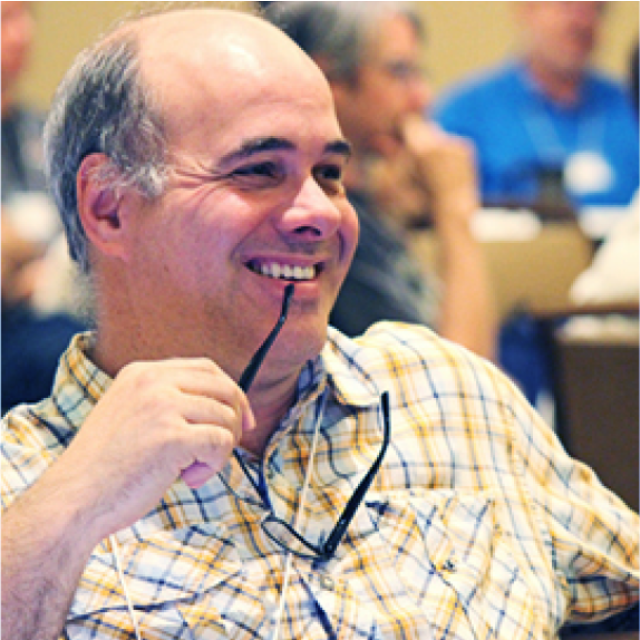Quantifying FAIR: metadata improvement and guidance in the DataONE repository network
Speakers

Peter Slaughter
NCEAS

Matthew Jones
NCEAS
Matt directs the Informatics program at NCEAS, which focuses on both supporting efficient synthesis through scientific computing and on building new advanced infrastructure to support data sharing, preservation, analysis, and modeling. Matt is the Director of the DataONE program, a global network of interoperable data repositories, and of the NSF Arctic Data Center. In addition to data infrastructure work at NCEAS, Matt also helps to build the NCEAS Learning Hub through an emphasis on data science and reproducible research teaching.
Matt’s career has focused on improving data science infrastructure to support cross-disciplinary and synthetic science, principally through the development of open source software for data repositories, metadata systems, and reproducible analysis and modeling.
Matt has a M.S. in Zoology from the University of Florida that focused on the ecology of plant-animal interactions, and a B.A. from Dartmouth College.